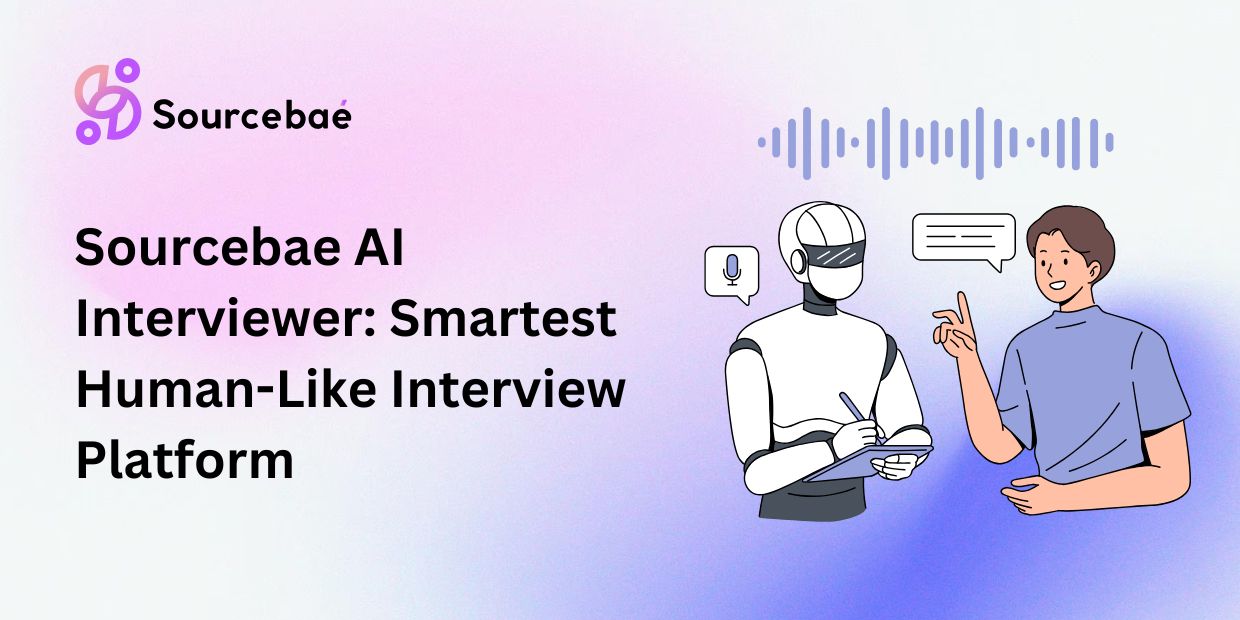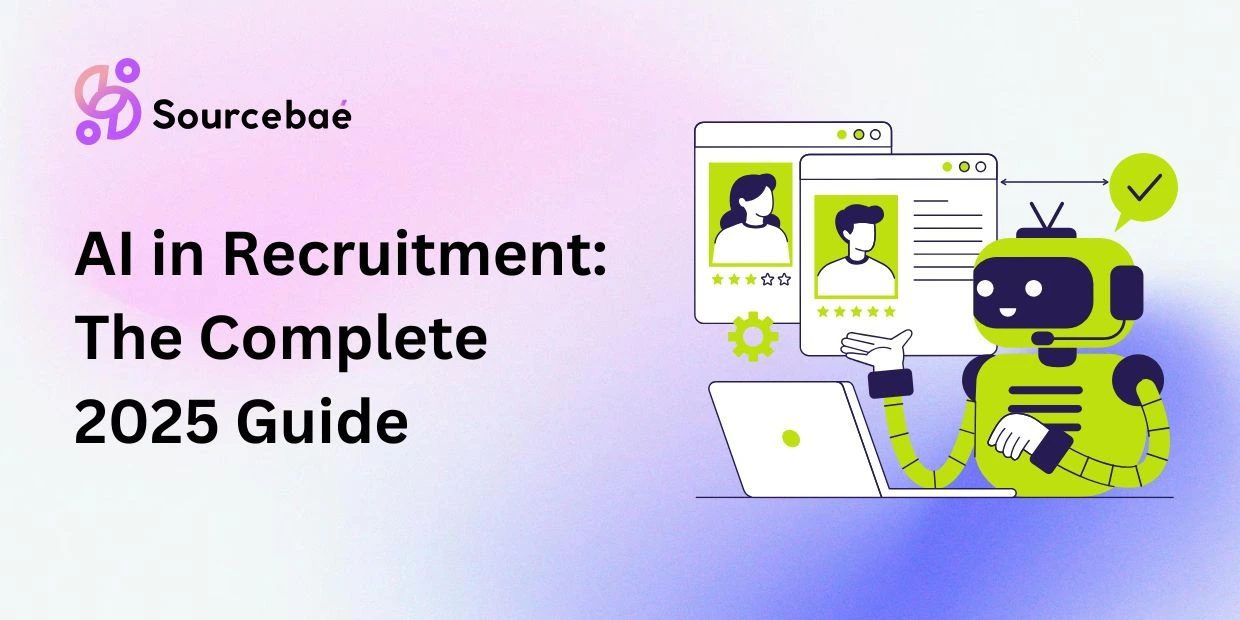In the rapidly evolving landscape of healthcare, Telemedicine Software Development has emerged as a groundbreaking solution, bridging the gap between patients and medical practitioners.
This article delves into the multifaceted realm of telemedicine software development, spotlighting its role in transforming the healthcare industry.
From the foundational concepts to the latest advancements, we’ll explore how this technology is reshaping patient care and medical consultations, offering unprecedented convenience and accessibility.
Telemedicine Software Development: Revolutionizing Healthcare Delivery
Telemedicine software development is an innovative approach that leverages cutting-edge technology to enable remote medical consultations and treatment. This technology encompasses a wide range of applications, from video conferencing platforms tailored for healthcare interactions to integrated electronic health record (EHR) systems that securely store patient information.
Advantages of Telemedicine Software Development
Telemedicine Software Development offers a plethora of benefits, including:
- Enhanced Accessibility: Patients can access medical consultations from the comfort of their homes, overcoming geographical barriers and reducing the need for travel.
- Convenience: Appointments can be scheduled at flexible times, accommodating both patients and practitioners.
- Improved Follow-up: Telemedicine enables seamless follow-up appointments, leading to better continuity of care.
- Reduced Healthcare Costs: Remote consultations can lead to cost savings for both patients and healthcare facilities.
Key Components of Telemedicine Software
Telemedicine software comprises several integral components that ensure its functionality and effectiveness:
1. Telehealth Applications
Telehealth applications serve as the interface through which patients and doctors interact. These applications often feature secure video conferencing, chat functionalities, and the ability to share medical records and diagnostic images in real-time.
2. Electronic Health Records (EHR) Integration
EHR integration ensures that patient information is securely stored and easily accessible during telemedicine appointments. This seamless integration enhances the quality of care by providing practitioners with a comprehensive medical history.
3. Remote Monitoring Tools
Telemedicine software can include remote monitoring tools that enable healthcare providers to track patients’ vital signs and health metrics from a distance. This is particularly valuable for patients with chronic conditions.
Challenges and Considerations in Telemedicine Software Development
While telemedicine software development offers numerous advantages, it also comes with its set of challenges and considerations:
Ensuring Data Security and Privacy
Protecting patient data is paramount. Developers must implement robust encryption protocols and compliance measures to safeguard sensitive medical information.
Cross-Platform Compatibility
Telemedicine applications should be compatible with various devices and operating systems to ensure seamless accessibility for both patients and practitioners.
Regulatory Compliance
Navigating complex healthcare regulations and compliance standards is crucial to ensure that telemedicine platforms meet legal requirements.
The Future of Telemedicine Software Development
The trajectory of telemedicine software development points toward a future of even greater innovation:
Integration of Artificial Intelligence
AI-powered features such as symptom analysis, automated appointment scheduling, and personalized treatment recommendations will enhance the telemedicine experience.
Virtual Reality (VR) for Enhanced Diagnostics
VR technology holds the potential to revolutionize medical diagnostics, enabling practitioners to conduct virtual examinations and visualize patient data in three-dimensional space.
FAQs
Is telemedicine software development secure?
Yes, telemedicine software development prioritizes security by implementing robust encryption and compliance measures to protect patient data.
How can telemedicine software reduce healthcare costs?
Telemedicine software eliminates the need for in-person visits, reducing travel expenses and minimizing operational costs for healthcare facilities.
Can telemedicine software be used for emergency medical consultations?
While telemedicine is primarily designed for non-emergency consultations, it can play a role in initial assessments during emergencies, facilitating timely medical attention.
What devices are compatible with telehealth applications?
Telehealth applications are designed to be compatible with smartphones, tablets, laptops, and desktop computers, ensuring accessibility for a wide range of users.
How does telemedicine software ensure patient privacy?
Telemedicine software adheres to strict data security protocols, utilizing encryption and compliance measures to safeguard patient privacy.
What role does AI play in the future of telemedicine software?
AI is set to enhance telemedicine with features like automated appointment scheduling, symptom analysis, and personalized treatment recommendations.
Conclusion
Telemedicine Software Development stands as a testament to the power of technology in reshaping traditional healthcare models.
As the world continues to embrace digital innovation, the potential for telemedicine to revolutionize patient care and medical consultations is limitless. With its convenience, accessibility, and potential for integration with emerging technologies, telemedicine software development is poised to lead the healthcare industry into a new era of patient-centered care.






